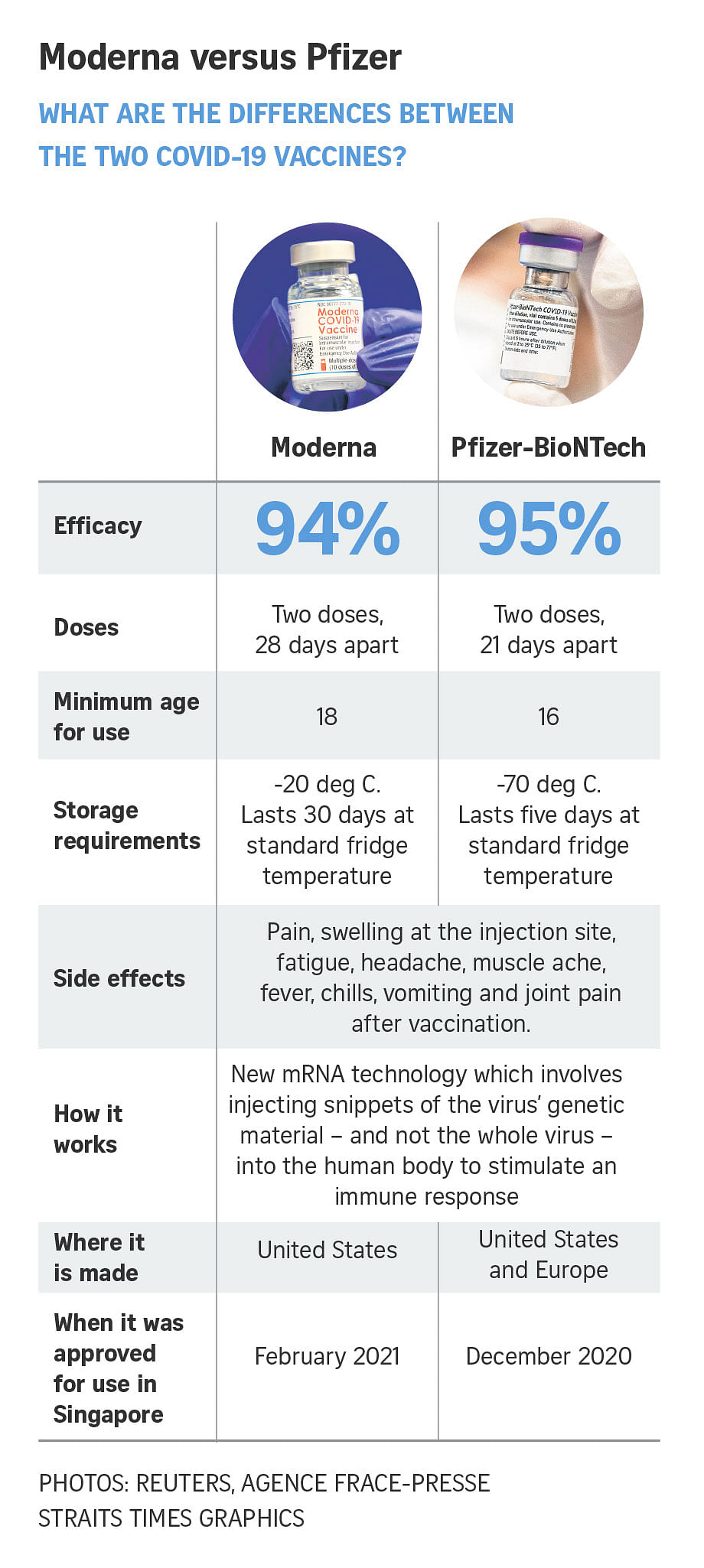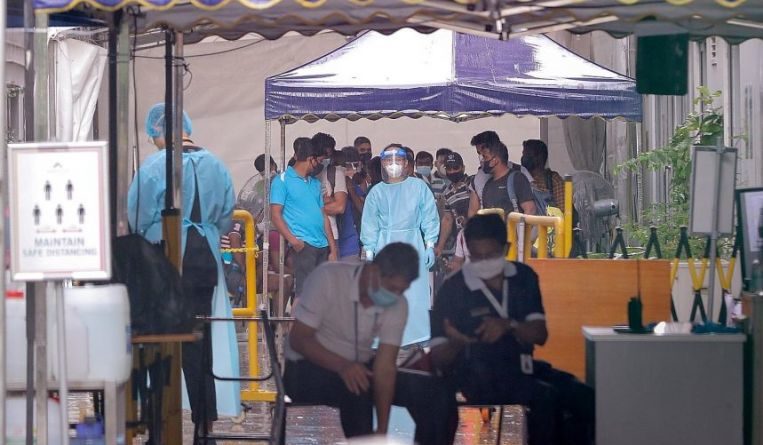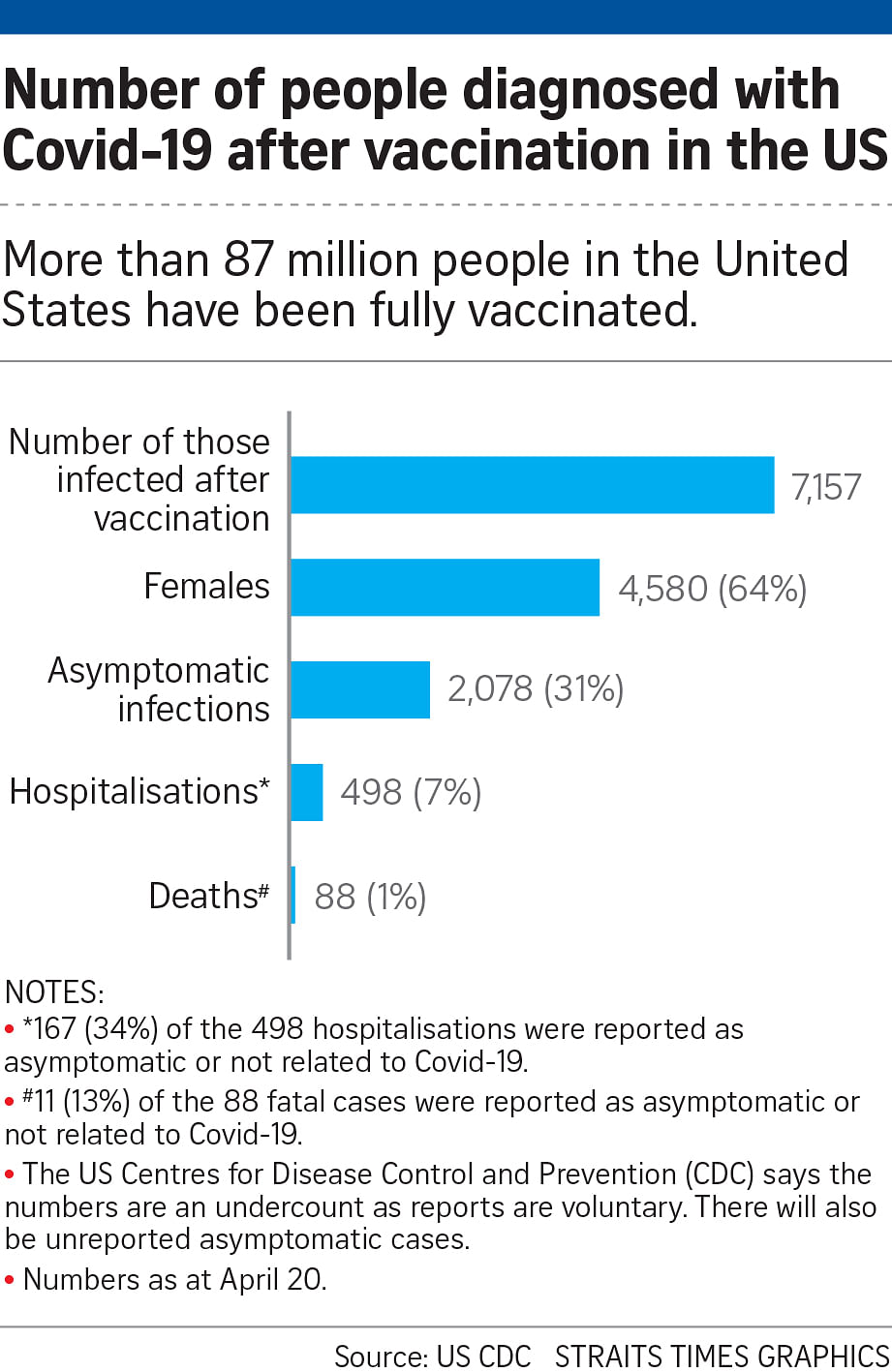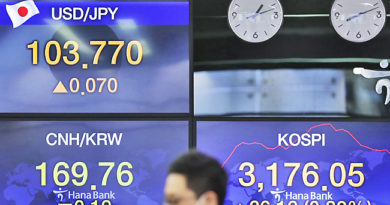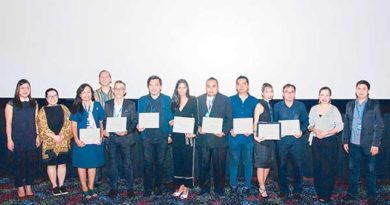OP-ED OPINION: SINGAPORE- Post-Covid-19 vaccine infections and reinfections could happen, say experts
SINGAPORE – The past week has delivered a Covid-19 shocker to Singapore, not just because of the increase in community cases – there were 10 – but also the infections in people who had been vaccinated or who had been previously infected.
The Ministry of Health (MOH) said last Thursday (April 22) that 17 workers residing in Westlite Woodlands dormitory who had recovered from Covid-19 infections were found to be infected again. Others are now being tested.
The following day, the MOH announced that an Indonesian seaman who had received his first vaccine dose tested positive. Last Saturday, two more seamen who had received their first dose of vaccine were also found to be infected.
Since they had not received both vaccine jabs, their getting infected is not of great worry since they had not achieved maximum vaccine protection.
Of greater concern, however, is another man who had received both vaccine doses by March 19 and who became infected.
His parents had flown in from India on April 15. His father was diagnosed with Covid-19 on arrival and sent to hospital, while his mother was placed under quarantine. He received permission to care for her, and he was diagnosed with the disease last Saturday.
Experts that The Straits Times spoke to said such post-vaccine infections, as well as reinfections for those who had been previously diagnosed with the disease, are to be expected, even after the majority of the people here have been fully vaccinated.
It is a reflection of things to come for the nation at large.
Associate Professor Hsu Li Yang, an infectious diseases expert at the National University of Singapore’s (NUS) Saw Swee Hock School of Public Health, said these cases are “disappointing, but not a real shock”.
He said: “We expect an average of five out of 100 Pfizer- or Moderna-vaccinated persons to come down with symptomatic Covid-19 if exposed, and 10 per 100 vaccinated persons to come down with any Covid-19 infection (asymptomatic or symptomatic) based on the clinical trials and real-world data from Israel and the United States.”
In a sense, it is like measles, he said. Although 95 per cent of children here are vaccinated against it, cases still pop up.
Professor Ooi Eng Eong of Duke-NUS Medical School’s emerging infectious diseases programme said: “These trends are consistent with what we know about vaccines and vaccination.”
He said that most vaccines cannot “elicit immune response to levels sufficient to prevent infection”. But those who have received Covid-19 vaccines “around the world have also shown greatly reduced risk of hospitalisation and death”.
They are also less likely to spread the infection to others.
Prof Hsu explained that as these people are less sick, or totally without symptoms, they have lower viral loads, thus reducing the risk of transmission.
He added that newer variants may also have increased infection rates in people who had previously been infected or who had received both vaccine doses.
Viral mutations may also increase infections, Prof Hsu said. In Singapore, the most commonly isolated variant in the past month is the B1617 “Indian” variant.
As to why so many in the dormitory have been reinfected, Professor Teo Yik Ying, dean of the NUS Saw Swee Hock School of Public Health, postulated: “We have known that their living environment continues to be one of the higher-risk environments.
“That means the foreign workers living in the dormitories are always at a higher risk of being infected by someone sharing the same room or communal facilities.
“Also, many of the foreign workers previously infected exhibited no or mild symptoms, and that means their immune response after infection may not have been as strong, which may make them more susceptible to reinfections.”
Prof Ooi said people who are found to be infected but asymptomatic do not pose a problem, as they present no burden on the healthcare system.
It may in fact be a good thing for people who have been vaccinated to get asymptomatic infection, he suggested. “It would naturally boost the immune response without any problems to the person. The vaccine triggers immune response against only the spike protein, but not the other components of the virus.
“Asymptomatic infection could thus provide an even broader repertoire of immune response against Sars-CoV-2,” he said.
Dr Asok Kurup, who chairs the Academy of Medicine’s Chapter of Infectious Disease Physicians, questioned the efficacy of some vaccines given globally.
He said he has seen a few patients from India – the imported cases – who had received both doses of other types of Covid-19 vaccines “and yet developed full-blown disease with no antibody response”.
He added that the mRNA vaccines – like the Pfizer and Moderna ones used here – do protect against severe illness, and breakthrough infections are few and mild, or asymptomatic.
Prof Ooi said with great emphasis: “The evidence that vaccines work is now more and more abundant, even incontrovertible.
“Places with high vaccination rates, such as Israel, the United Kingdom and California, have all experienced sharp declines in Covid-19 cases. This is despite raging epidemics in these places at the start of the vaccination campaigns.”
But Professor Dale Fisher, an infectious diseases expert at the National University Hospital, cautioned: “A vaccine was never going to deliver a fairy-tale ending to this pandemic, and actually the exit strategy now is quite complex and varies by country.”
He said Singapore “is particularly well poised” to gradually relax its Covid-19 measures as, unlike some countries, it has not made “confusing recurrent changes in social restrictions”.
.

Prof Fisher added: “With our strong and consistent policy on mask wearing, mass gatherings, case isolation and quarantine of contacts with support for contact tracing by electronic means, Singapore can progress without the back-and-forth confusion seen elsewhere.”
But even with a high take-up of vaccines, further easing of restrictions will not come soon, he said.
Dr Kurup said going forward, Singapore needs to “manage our weak links, such as dormitories and nursing homes”.
Prof Teo warned that from time to time, infections among people who have been vaccinated will emerge, “especially if they are moving about in high-risk environments where they are constantly being exposed to the coronavirus”.
Peeking into the crystal ball, he predicted: “Unless we can assess an individual’s immunity to infection, the likelihood that we will have to remain masked up for a long time more is a very real one.”
Agreeing, Prof Hsu said vaccines will not return us to a pre-Covid-19 era in the next couple of years, where people went mask-free and had the freedom to travel and congregate.
But there is some upside, he said. “Going around masked in public and observing safe distancing has resulted in dramatic drops in the rates of other infectious diseases such as hand, foot and mouth disease and influenza.”
Singapore has not had a single laboratory-confirmed influenza case since May last year.
.

